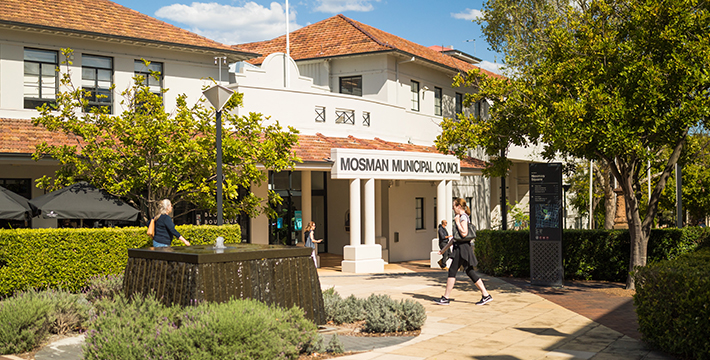Veterans Issues Minister Peter Tinley has formally appointed eight new members to the Veterans Advisory Council (VAC) – a group set up in 2014 to counsel and assist the State Government on veterans’ issues.
The 2019 boost in VAC appointments, including boosting the representation of Other Ranks as well as the number of former Navy and Air Force personnel, will take the council’s membership from 10 to 15.
There are currently three women on the council including the VAC’s first woman chairperson, Major Vivian Blycha. Two additional women are expected to join the VAC in the near future.
Appointed by the Minister, VAC members offer a broad range of knowledge, skills, qualifications and experience relevant to the veterans’ community.
Members can be either currently serving with the Australian Defence Force or veterans, and are expected to act on the VAC in a personal capacity and not as a representative of any particular association or group.
The current 2019 VAC appointments are: Major Vivian Blycha, chairperson; Rear Admiral Mark Bonser AO CSC (retd); Vincent Connelly; Liam Haven; Peter Winnall DSM and Bar; Warrant Officer Jeffrey Argoon; Daniel Byles; Lauren Hawke; Peter Kershaw; Warrant Officer Jennine Riches; Steven Thorpe DSM; Brendan Twine; and Simon Bell.
As noted by Veterans Issues Minister Peter Tinley:
“The diversity in the new make-up of the VAC is designed to better represent the interests of WA’s veteran community and its broad range of experiences, interests and changing needs.
“It’s pleasing to see greater representation of women on the VAC, as well as a good cross-section of commissioned and non-commissioned ranks and members from all services – Army, Navy and Air Force.
“I greatly appreciate the work of the outgoing members, former VAC Chair Max Ball and his colleagues, who set a high standard. I thank them for their professional advice.
“The VAC is a vital link between the veteran community and the State Government, which recognises and acknowledges the sacrifices made by those serving in the Defence Forces and understands the importance of helping them transition successfully back into civilian life.”







